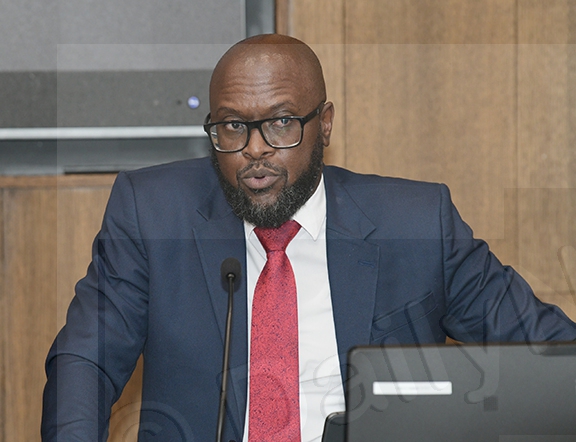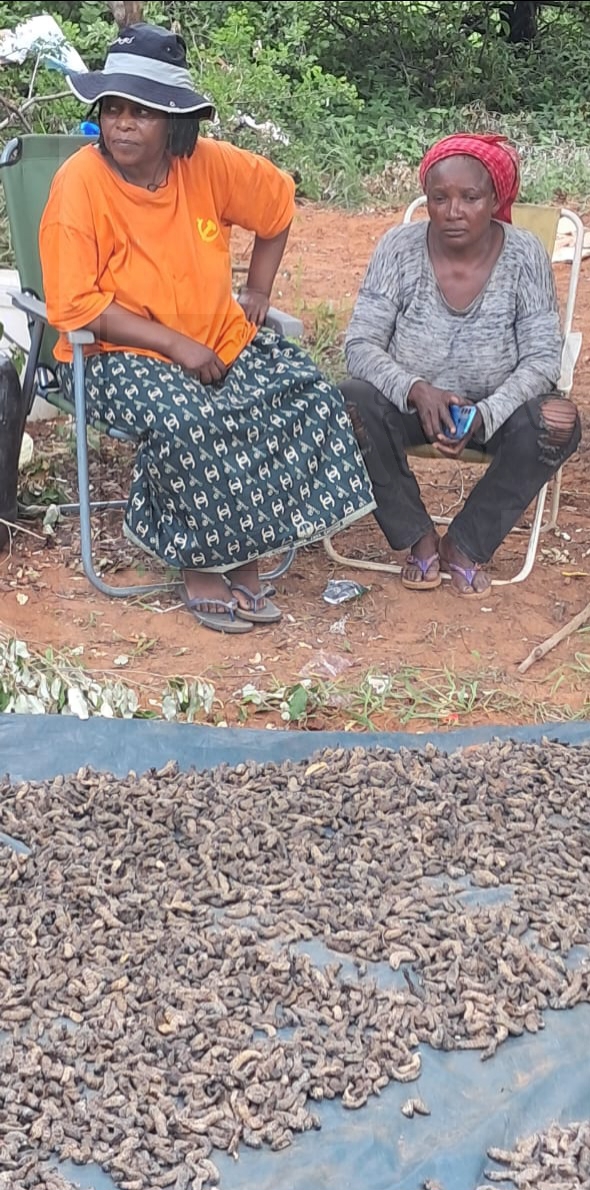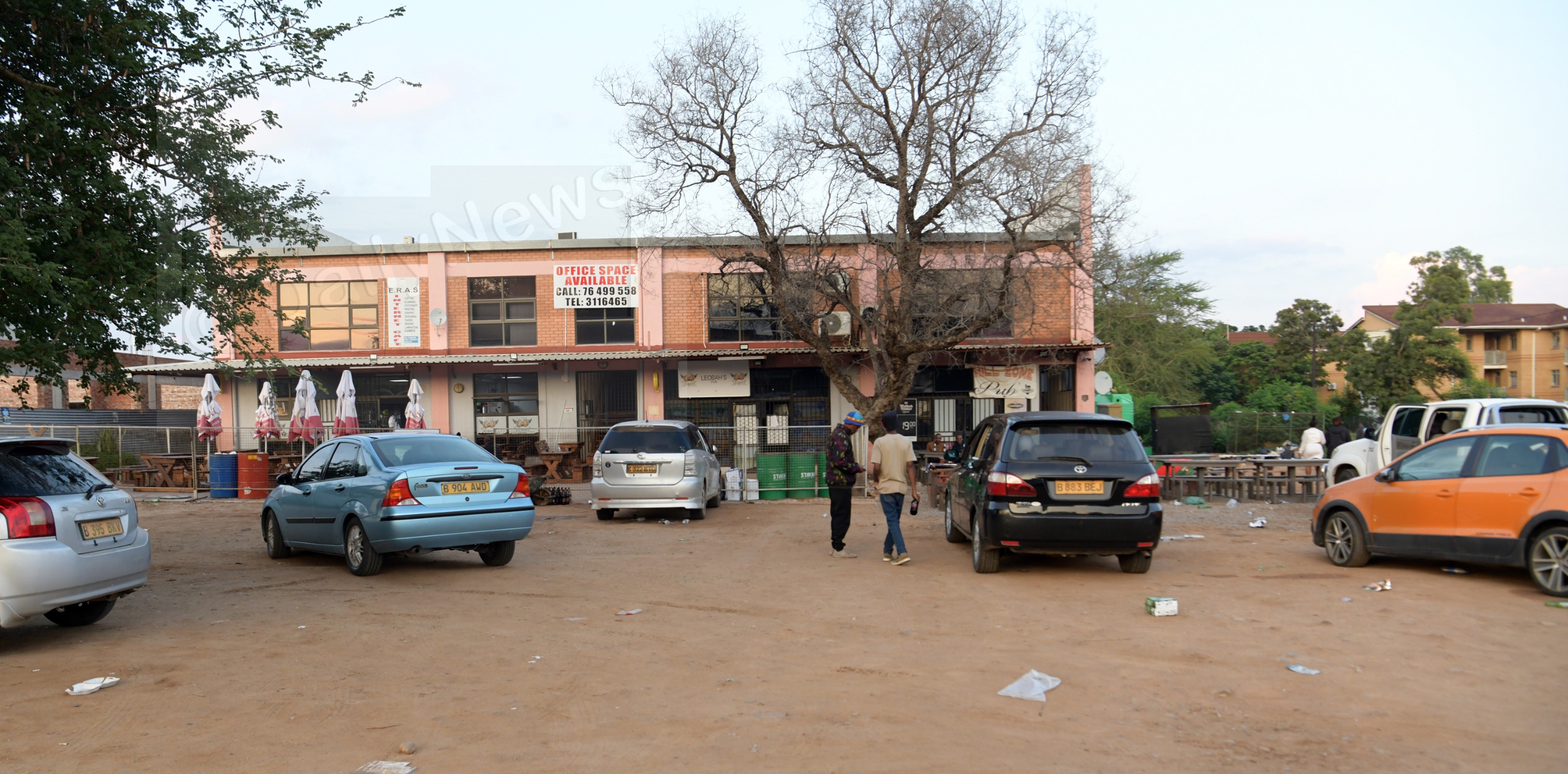Economy anchors on wildlife tourism
21 Jul 2024
Professor Joseph Mbaiwa from the Okavango Research Institute (ORI) revealed that over 95 per cent of Ngamiland’s economy is anchored in wildlife-based tourism.
He was responding to residents of Matlapana who expressed concerns over the impact of elephants on their livelihoods during a consultative meeting recently.
The meeting sought to gather community insights for the development of a human-wildlife conflict strategy and action plan initiated by ORI. Many attendees voiced that they did not see tangible benefits from wildlife, especially elephants, as most of their income stemmed from agriculture rather than tourism.
Professor Mbaiwa emphasised the economic advantages of sustaining wildlife, arguing that it played a crucial role in tourism—a sector he described as the second-largest contributor to the country’s Gross Domestic Product (GDP). He underscored that wildlife resources significantly bolster national income and fuel economic development through job creation, revenue generation, and improved livelihoods.
He highlighted that the Ngamiland and Chobe regions are leading in tourism, which has provided employment opportunities for many young people and allowed some community members to venture into tourism enterprises. “As a country, we need wildlife to attract tourists who ultimately drive local businesses, increase revenue, and enhance the economic status of our people,” Professor Mbaiwa stated.
However, he acknowledged the complexities of human-wildlife conflict, reiterating that it brought considerable pressure on agricultural activities and directly impacted local communities. While he noted government efforts to support both tourism and agriculture, he pointed out that challenges posed by wildlife, especially elephants, often undermine farming initiatives.
The government has been proactive in introducing agricultural schemes aimed at encouraging communities to engage in farming and improve food security.
Nevertheless, Professor Mbaiwa indicated that conflicts with wildlife could hinder these efforts, underscoring the need for a balanced approach to managing both sectors for the benefit of community members.
He said animals such as elephants, lions and buffaloes terrorized residents in their ploughing fields, as they raided crops, damage property noting that some farmers could not attend to their livestock because of fear of wildlife.
Some, he said were killed by animals while some sustained serious injuries hence “we are here to solicit ideas on how we can best mitigate and manage human wildlife conflict,” he added.
Earlier on, one resident, Ms Akanyang Kajenje said she lost her husband due to an elephant four years back while at the ploughing fields citing that since then she had abandoned her field because of fear of elephants.
Another resident, Ms Otshwanetse Phorano also said government should reduce elephants to manageable numbers.
Every year, she said they cultivated their ploughing fields only to be frustrated by elephants raiding their farms.
She also complained about low compensation and appealed that it should be increased.
Mr Monnye Ntema also said elephants and predators were giving them sleepless nights saying they had invested in their farms, but gained nothing and called on government to remove them from their area to wildlife their protected areas.
Elephants, he said were too many and disturbing their lives, and they could not attend to their livestock.
Mr Ntema who operate tourism enterprise said not everyone supported the killing of elephants as a solution to the human wildlife conflict citing that wildlife contributed a lot to tourism growth.
He also called for establishment of abattoirs where elephant meat could be sold and urged government to increase hunting quotas for the affected communities.
Mr Tiego Mpho also was against killing of elephants arguing that government should help communities with resources to monitor movement as well as finance conservation activities. Wildlife, he said was important as it generated revue for the country. Ends
Source : BOPA
Author : Esther Mmolai
Location : Maun
Event : Kgotla meeting
Date : 21 Jul 2024






